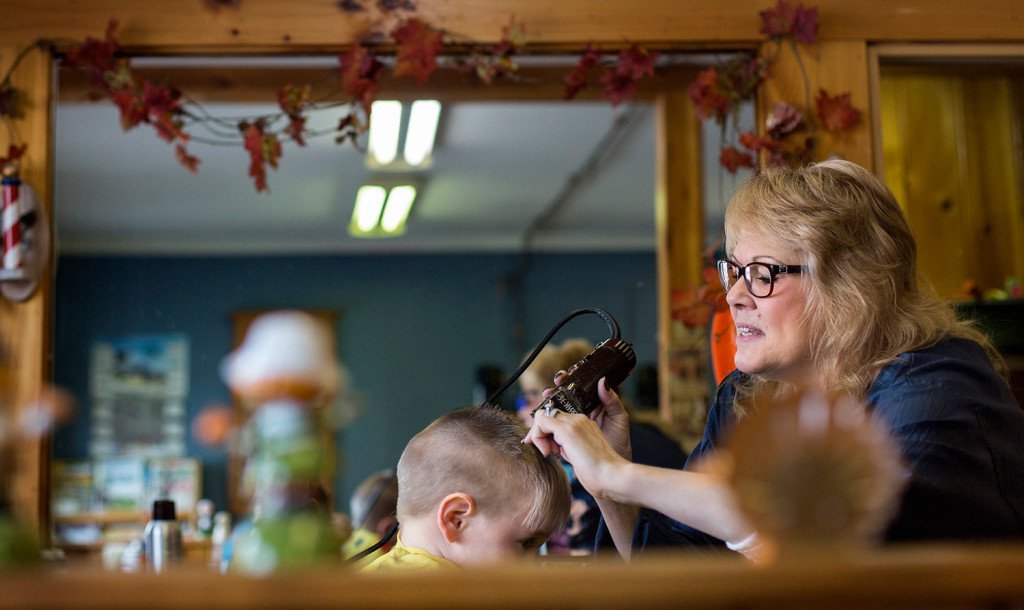---------- Forwarded message ----------
From: "Portside Labor" <labor-moderator@portside.org>
Date: Nov 15, 2016 1:03 AM
Subject: Why this Maine town pivoted from Obama to Trump
To: <PORTSIDELABOR@lists.portside.org>
Cc:
From: "Portside Labor" <labor-moderator@portside.org>
Date: Nov 15, 2016 1:03 AM
Subject: Why this Maine town pivoted from Obama to Trump
To: <PORTSIDELABOR@lists.portside.org>
Cc:
 | ||||||||||||||||||||||||||||||||||||||||||||||||
| ||||||||||||||||||||||||||||||||||||||||||||||||
To unsubscribe, click here.


No comments:
Post a Comment